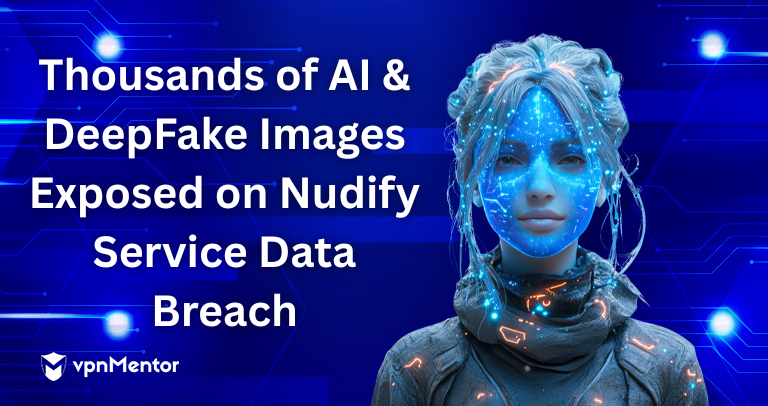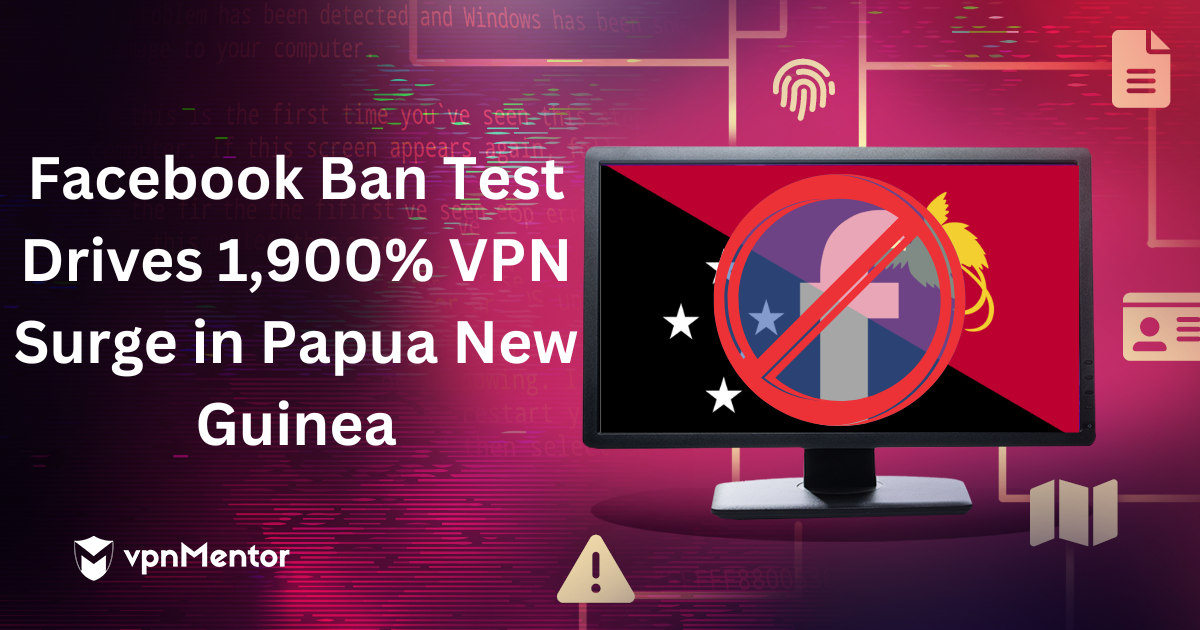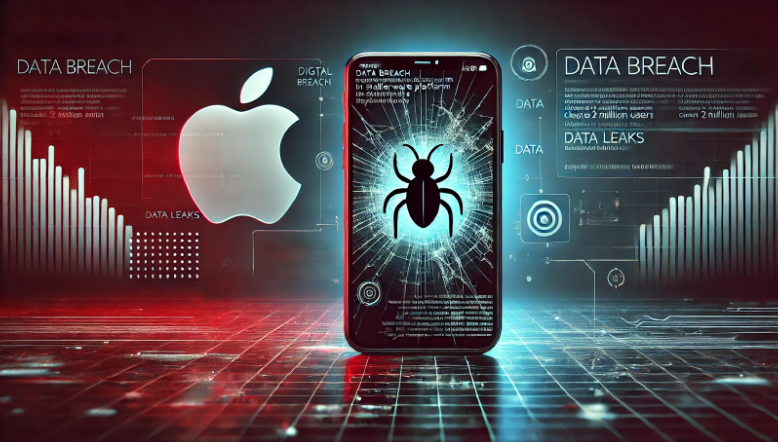A serious security vulnerability in Verizon’s Call Filter app allowed users to access the incoming call logs of any other Verizon customer by modifying an API request. The issue, discovered by cybersecurity researcher Evan Connelly, was disclosed to Verizon in February 2025 and patched by
Latest News
OpenSNP, a long-running open-source genetic data platform, is shutting down after citing growing concerns over data privacy, the misuse of genetic information by law enforcement, and the rise of authoritarian governments. The decision comes as 23andMe, a major source of user-submitted genetic data
The United States Department of Justice has frozen $8.2 million in cryptocurrency tied to a romance baiting scam that defrauded dozens of Americans. In the scheme, scammers established a friendship or romance with the victim online. They then pushed them into making investments on counterfeit
A leak of 9,000 sensitive New South Wales court documents may expose the details of domestic violence incidents, including some affecting children. The New South Wales Attorney-General has warned potential victims to take extra precautions in the aftermath as police and forensic experts continue to
Cybersecurity Researcher, Jeremiah Fowler, discovered and reported to vpnMentor about a non-password-protected database that contained just under 100k records belonging to GenNomis by AI-NOMIS — an AI company based in South Korea that provides face swapping and “Nudify” adult content as well as a
A leaked dataset has revealed how Chinese entities are training large language models (LLMs) to automate political censorship on a massive scale. The dataset, containing over 133,000 real-world content examples, includes posts about government corruption, rural poverty, Taiwan, and military
Genetic testing company 23andMe has filed for Chapter 11 bankruptcy, raising urgent concerns over the privacy of more than 15 million customers' DNA data. The company announced plans to sell its assets (including users’ genetic data) through a competitive auction process, with CEO and co-founder
vpnMentor's Research Team observed a sudden 1,900% surge in VPN demand in Papua New Guinea. The increase came about right after the government shut down Facebook as a "test" conducted under the country's anti-terrorism laws. Key Facts: From Monday, the 24th, through Tuesday, the 25th, Papua
A novel phishing campaign is targeting SEO experts by utilizing counterfeit Semrush Google Ads crafted with the aim of capturing Google login information. Cybercriminals are leveraging these advertisements in order to gain access to valuable Google Ads and analytics accounts. These could then be
SpyX, a consumer-grade spyware app marketed as parental monitoring software, has suffered a major data breach affecting nearly 2 million, including thousands of Apple users. The breach occurred in June 2024 but remained unreported until now, with no notification issued to affected users. The









